Slow-motion healthcare emergency in Gaza; another attack on lifesaving search and rescue in the Mediterranean; escalation of fighting in Hodeidah; and other stories you might have missed this month
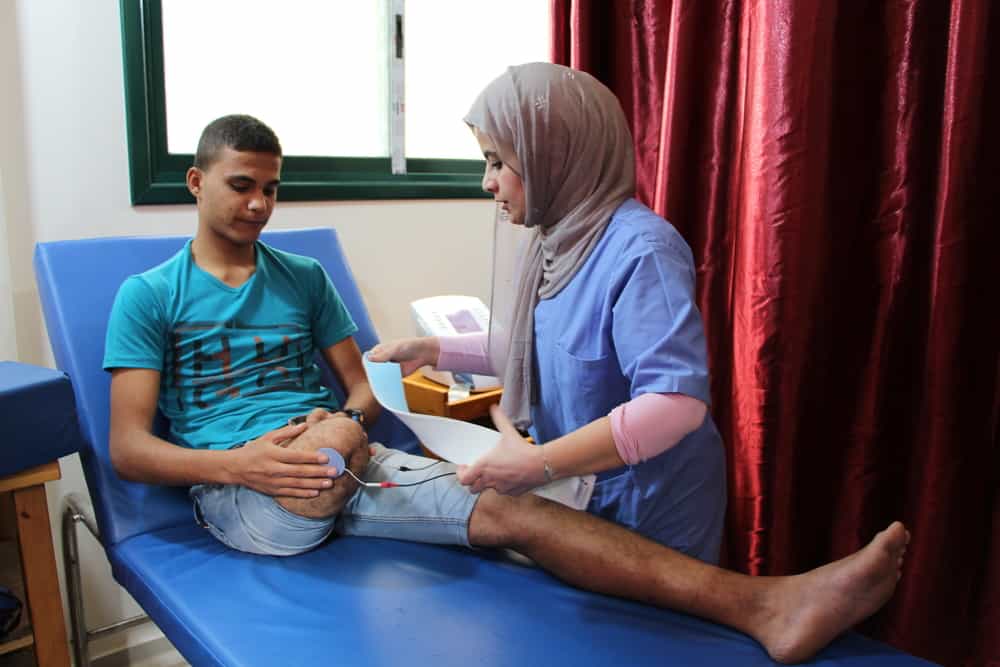
Ataallah, 18, suffered gunshot wounds at the Great March of Return protests in Gaza and had to have his right leg amputated.
5,866 people have been injured in the protests as a result of firing by Israeli forces. Based on a preliminary analysis of MSF’s patients in Gaza, we estimate that at least 60% of the total number of the injured treated by all health providers – a massive 3520 people – will need further surgery, physiotherapy and rehabilitation. The consequences of these wounds – especially if untreated – will be a lifelong disability for many, and if infections are not tackled then the results could be amputation or even death.
© Yuna Cho/MSF
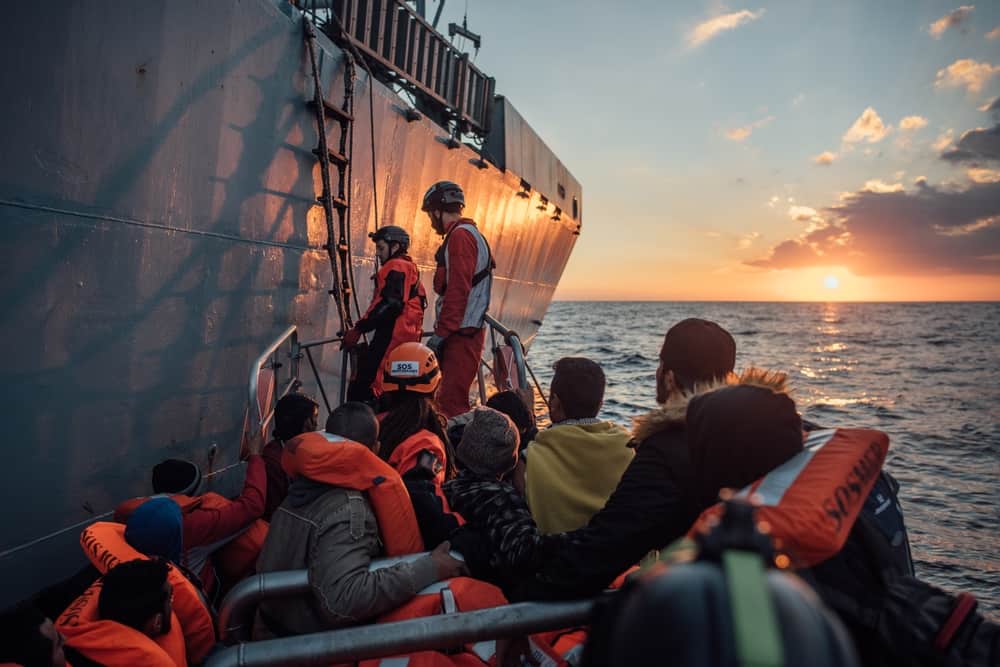
MSF and SOS Mediterannee personnel from the vessel, Aquarius, rescuing refugees and migrants from an overcrowded wooden boat in the Mediterranean Sea.
On 20 November, the Italian judicial authorities requested the seizure of Aquarius for alleged anomalies in its disposal of on-board waste. MSF strongly condemned the decision, calling it “a disproportionate and unfounded measure, purely aimed at further criminalising lifesaving medical-humanitarian action at sea.”
© Kevin McElvaney
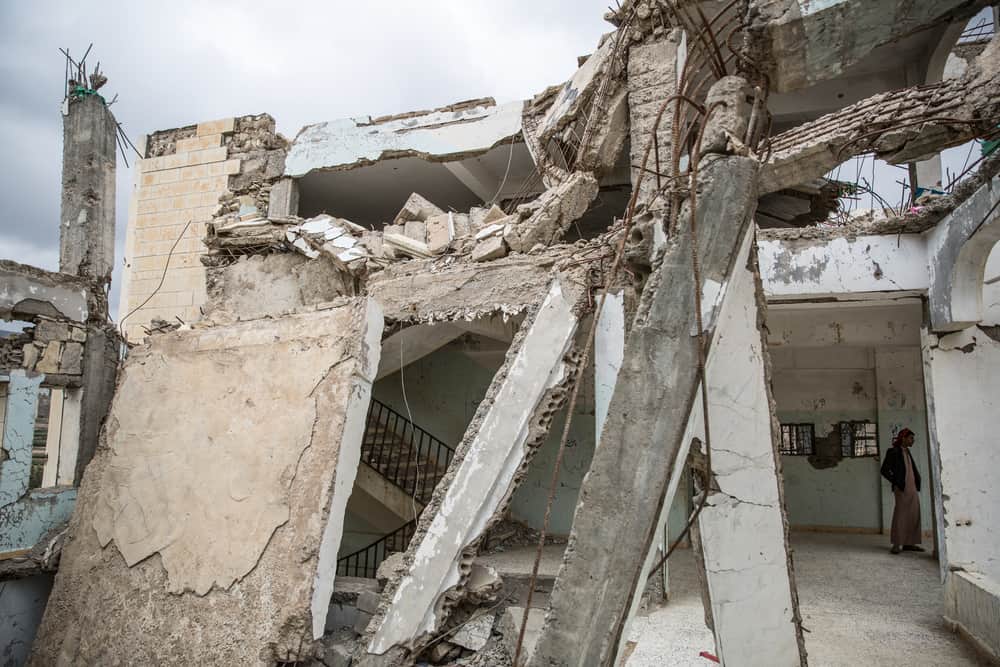
A recent image of a school in Haydan, in Yemen’s Saada governorate, which was bombarded in 2016 by the international coalition led by Saudi Arabia.
In Hodeidah, Yemen, a major offensive was launched on 1 November by the Saudi and Emirati-led coalition (SELC) against Ansar Allah troops.
As fighting continues inside Hodeidah, a potential siege of the city could lead to civilians being caught in the crossfire and trapped inside without enough hospitals to support them.
© Agnes Varraine-Leca/MSF
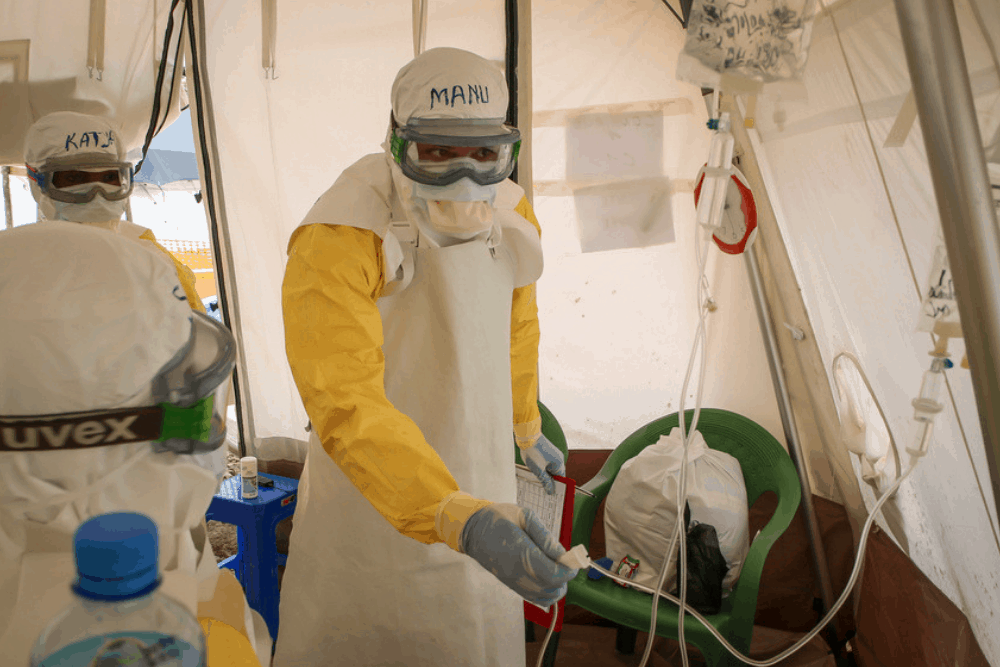
A medical team enters the Ebola treatment centre in Mangina in the Democratic Republic of Congo(DRC)’s North Kivu province.
DRC declared its 10th outbreak of Ebola in 40 years on 1 August 2018. The outbreak is centred in the northeastern North Kivu province. With the number of cases surpassing 300, it is now the country’s largest-ever Ebola outbreak. As of November 16 2018, 319 confirmed cases of Ebola and 167 confirmed deaths had been recorded.
© Carl Theunis/MSF
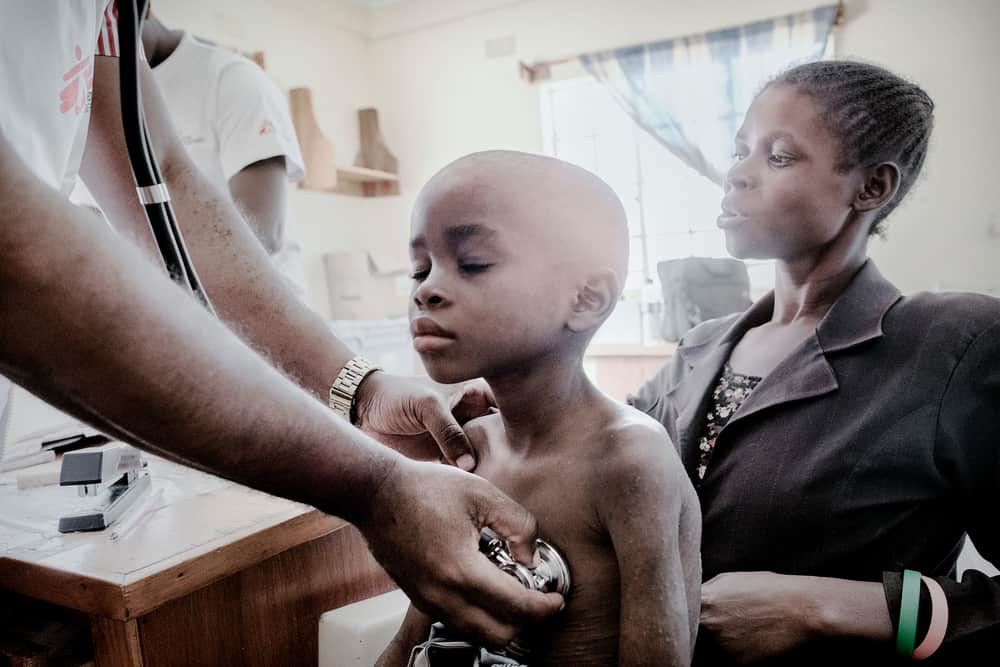
A nurse examines Gloria Chipasula, an 11-year-old living with HIV, in Chiradzulu, Malawi.
Ahead of a Vatican City meeting on scaling up HIV diagnosis and treatment for children, MSF criticised pharmaceutical corporations for their delays and failure to develop appropriate formulations of HIV medicines for children. Developing countries are struggling to provide HIV-positive children with World Health Organization (WHO)-recommended treatments, because paediatric versions of these antiretroviral drugs are not available where they are needed.
© Luca Sola












